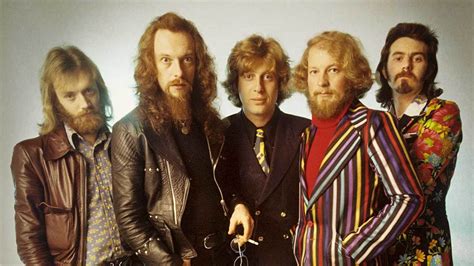A Quote by John F. Kennedy
The new and terrible dangers which man has created can only be controlled by man.
Related Quotes
Civilization can only revive when there shall come into being in a number of individuals a new tone of mind independent of the one prevalent among the crowd and in opposition to it. A new public opinion must be created privately and unobtrusively. The existing one is maintained by the press, by propaganda, by organization, and by financial influences which are at its disposal. The unnatural way of spreading ideas must be opposed by the natural one, which goes from man to man and relies solely on the truth of the thoughts and the hearer's receptiveness of new truth.
Truly, there are terrible primal arcana of earth which had better be left unknown and unevoked; dread secrets which have nothing to do with man, and which man may learn only in exchange for peace and sanity; cryptic truths which make the knower evermore an alien among his kind, and cause him to walk alone on earth.
This New Age is marking the dawn of a new world-thought. That new thought is a new cosmic concept of the value of man to man. The whole world is discovering that all mankind is one and that the unity of man is real – not just an abstract idea. Mankind is beginning to discover that the hurt of any man hurts every man, and, conversely, the uplift of any man uplifts every man
Zen's greatest contribution is to give you an alternative to the serious man. The serious man has made the world, the serious man has made all the religions. He has created all the philosophies, all the cultures, all the moralities; everything that exists around you is a creation of the serious man. Zen has dropped out of the serious world. It has created a world of its own which is very playful, full of laughter, where even great masters behave like children.
The problem of reconciling human suffering with the existence of a God who loves, is only insoluble so long as we attach a trivial meaning to the word "love", and look on things as if man were the centre of them. Man is not the centre. God does not exist for the sake of man. Man does not exist for his own sake. "Thou hast created all things, and for thy pleasure they are and were created." We were made not primarily that we may love God (though we were made for that too) but that God may love us, that we may become objects in which the divine love may rest "well pleased".

































